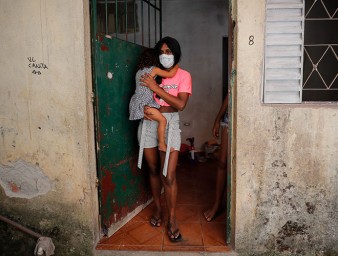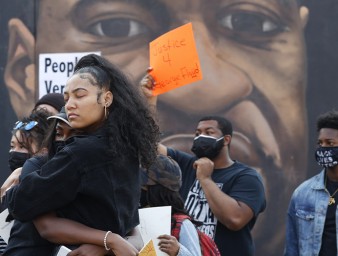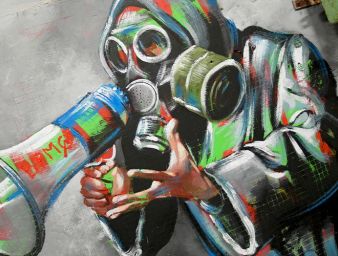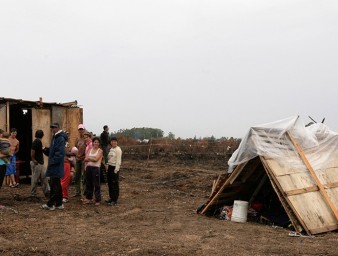Minority forum marks 20 years of rights advocacy
05 December 2012
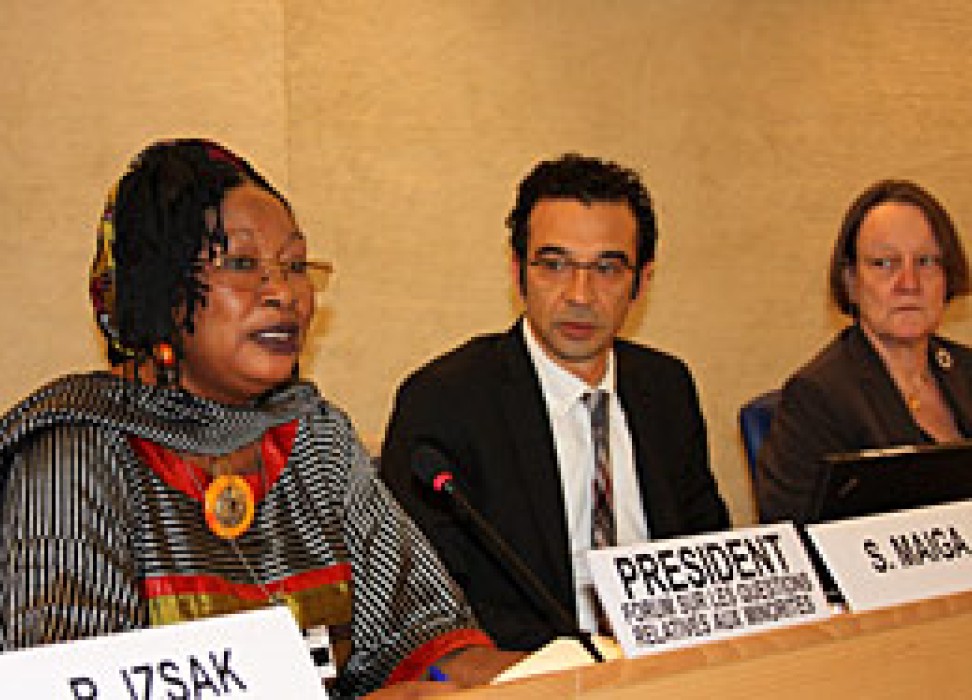
The Forum on Minority Issues marked the twentieth anniversary of the United Nations Declaration on the Rights of Persons Belonging to National or Ethnic, Religious and Linguistic Minorities during its fifth annual session, on 27 and 28 November 2012 in Geneva.
In a video statement for the opening of the session, the UN Secretary-General, Ban Ki-Moon, said that twenty years on, minorities continue to “face discrimination, stereotyping, hatred and violence, solely for being who they are,” and added that “at this time of economic distress, minorities often bear the brunt of societal tensions.”
Participants, which included representatives of Governments, national human rights institutions, civil society organizations, regional intergovernmental bodies and minorities themselves, discussed how the Declaration had been implemented over the past 20 years and how it had impacted aspects of governance, legislation, policies and programing on minority issues at the national and regional levels.
The Forum was established by the Human Rights Council in 2007 to provide a platform for dialogue on minority issues within the UN human rights system. Over its first four sessions, the Forum has produced recommendations on key thematic issues for minorities, including the right to education, minority women’s rights, and effective economic and political participation.
“The United Nations has a crucial role to play in minority protection. I am strongly committed to ensuring that concerns of minorities are reflected in our work,” the Secretary-General added. “That effort will be helped by the establishment, earlier this year, of the United Nations Network on Racial Discrimination and the Protection of Minorities, coordinated by the Office of the High Commissioner for Human Rights.”
The UN Human Rights Chief, Navi Pillay, noted that the anniversary provided States with an opportunity to renew their pledge to protect the rights of minorities everywhere. She highlighted that implementing the human rights standards set out in the Declaration was often seen as a challenge rather than an opportunity.
“However all of us – non-governmental organizations, national human rights institutions, representatives of regional bodies, academics, and not least minorities and communities themselves, also have a vital role to play,” she stressed.” All of these diverse actors are an essential part of the national framework that, when working together and in a spirit of dialogue and constructive cooperation, can not only implement human rights but can fundamentally change societies for the better.”
Laura Dupuy Lasserre, President of the Human Rights Council, said that the Declaration had inspired many initiatives based upon the fundamental rights and principles that it contains: equality, non-discrimination, participation, consultation, as well as the richness and positive contribution of diversity to societies.
“The twin principles of equality and non-discrimination, which are the foundation upon which the whole international human rights system is built, are equally the grounds on which the Council has been established and continues to build its work on,” she said.
The UN independent expert on minority issues, Rita Izsák, who lead the Forum, said that in many countries affected by conflict and communal tensions, minorities were at risk of violence on a daily basis, while noting that on the other hand many countries had incorporated the ideals of the Declaration in their national laws.
“In such countries diversity is more likely to be seen in positive terms. Those belonging to a different ethnicity or religion are more likely to feel secure, to be integrated and able to take part fully in the cultural, economic, political and social aspects of society while also being able to practice their faith and use their own language freely and without hindrance,” she added.
“Establishing institutional attention and expertise on minority issues provides the logical next step from legislation to concrete action and implementation.”
Soyata Maiga, Chair of the Forum’s fifth session and Member of the African Commission on Human and Peoples’ Rights, echoed Pillay’s call for a collective and continued effort to protect the rights of minorities.
“It is also necessary to remember that all initiatives taken to implement the Declaration, as effective as they may be, need to be revised on a regular basis and supported so that they remain relevant to the current context of a given society,” she told participants.
“Together, we must reiterate that intolerance, racism and discrimination are not only socially and morally unacceptable but also constitute a major obstacle to sustainable development, peace and stability.”
The outcomes of the Forum’s discussions, which will comprise a set of action-oriented recommendations, will be presented by the independent expert on minority issues, Rita Izsák, to the Human Rights Council in March 2013.
“It is said that societies are judged by how they treat their most vulnerable members, the Secretary-General said. “Let us embrace this challenge – and let us work together to make the Declaration's principles a reality for minorities everywhere.5 December 2012
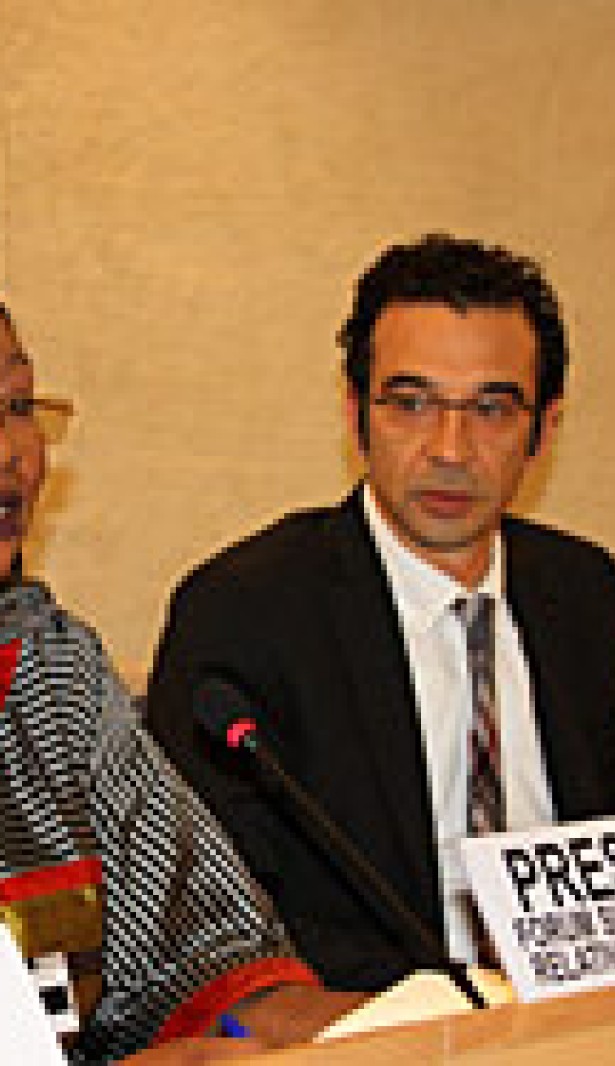
VIEW THIS PAGE IN:
